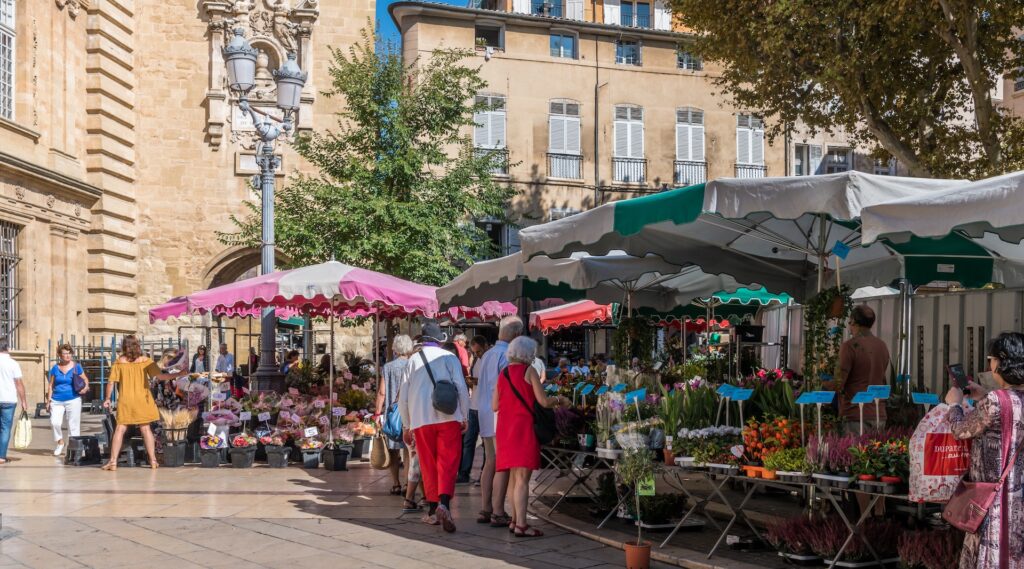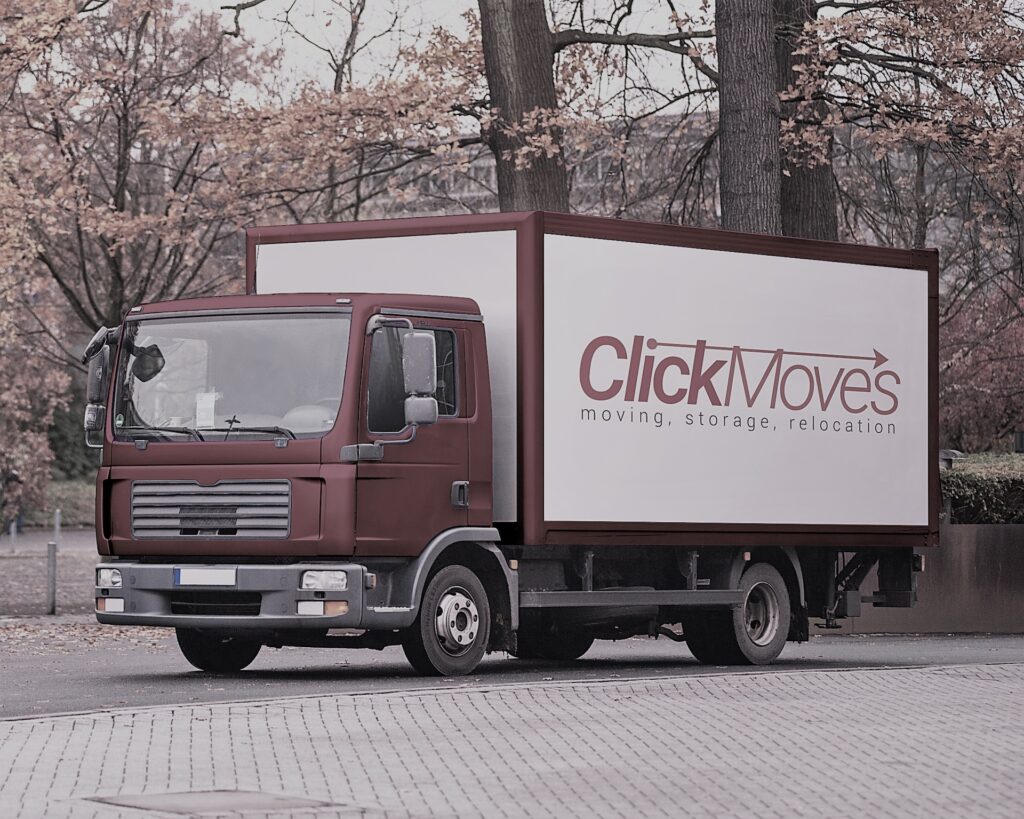Moving to France from the UK checklist
Posted on February 9, 2022
Here’s a nice post written by our friends at The Goodlife In France, a leading independent website about all things French from travel to culture, gastronomy to property and practical guides & moving to France.
If you’re at the stage where you’ve found your dream home in France, this handy checklist will help with your move to France.
Before you go
We’re firm believers in making lists of things to do and when it comes to France, which is famous for its bureaucracy, it really does help to have everything written down and to keep paperwork handy – you will need it.
1. Sort out your visa and healthcare requirements
Post Brexit, moving to France from the UK requires a visa. There are different types of visa and you can find details of what’s required to apply for a visa from your relevant visa application centre in London, Manchester or Edinburgh. You’ll also need to go to an in-person interview at one of these centre. Typically it takes 2-3 months to process from start to finish.
Details can be found on the French Governments visa website in English: france-visas.gouv.fr. Once you arrive in France, you will need to validate your visa within 3 months (via the French Govt website: administration-etrangers-en-france.interieur.gouv.fr) and apply for a Carte de Sejour, also known as a titre de Sejour (resident’s card). This may require a medical and will require lots of documents (see point 3).
To access healthcare in France, you’ll either need to be employed (you’ll get access straightaway) or be a resident for at least three months before you can apply for your Carte Vitale which covers you for state healthcare. If you’re retiring to France you should apply for your S1 Form from the UK Pensions department.
Your UK GHIC (Global Health Insurance Card) will cover you for emergency healthcare only, you’ll need to take our private healthcare pending receipt of your acceptance into the state healthcare system.

2. Book your removals company
We asked Matt Burden at ClickMoves.com what’s involved with relocating to France post-Brexit. “You don’t have to pay customs duties on personal belongings provided you have owned them for at least 6 months and taxes have been paid in the country of origin” he advises.
“You do though have to complete an inventory of all goods that you’re moving to France, whether in one go or in instalments. And you also need to complete two copies of a customs declaration and attach to it a complete inventory, with values. We can create the inventory and fill in all forms for our clients. We’ve never had anyone say no to that offer – the last thing you want when you’re trying to move is more paperwork! We can also box everything up for you, move all your belongings to your new home and unpack for you – even if you’re not able to be there yourself. We know just how important it is that your precious things are looked after properly and we go out of our way to help make your move as smooth and as stress-free as possible.”
Read our guide to removals to France for more information.
If your property is a second home, you may be liable for duties and taxes, such as VAT, although as a general rule your items will be duty-free. Again there is paperwork to complete which ClickMoves can do for you.

3. Prepare your paperwork
You will need paperwork for applying for Carte de Sejour, healthcare, driving licence etc. At the very least, here’s what you need so have to hand:
Birth certificate with parental affiliation
Marriage certificate
Driving licence
Car registration documents
Car insurance documents and no-claims bonus information
Vaccination documents
Diplomas if you’re thinking of setting up a business
Proof of purchase of home in France/proof of residency
UK Bank statements for last 12 months
4. Open a French bank account and organise utilities
You’ll need a French bank account to pay for utilities etc. You can open a non-resident account while you’re waiting for your house purchase to go through. Just change the status when you become resident. Most French banks offer international banking services/
If you’re buying your French house through an agent, they can help you to organise utilities. If not, make sure you ask the seller for details of services previously provided and you can ask at your local town hall for more details. You’ll need to ensure that you have water, electricity, communications and gas (if applicable) services switched on.
Find out more about ClickMoves international moving services from UK to France

